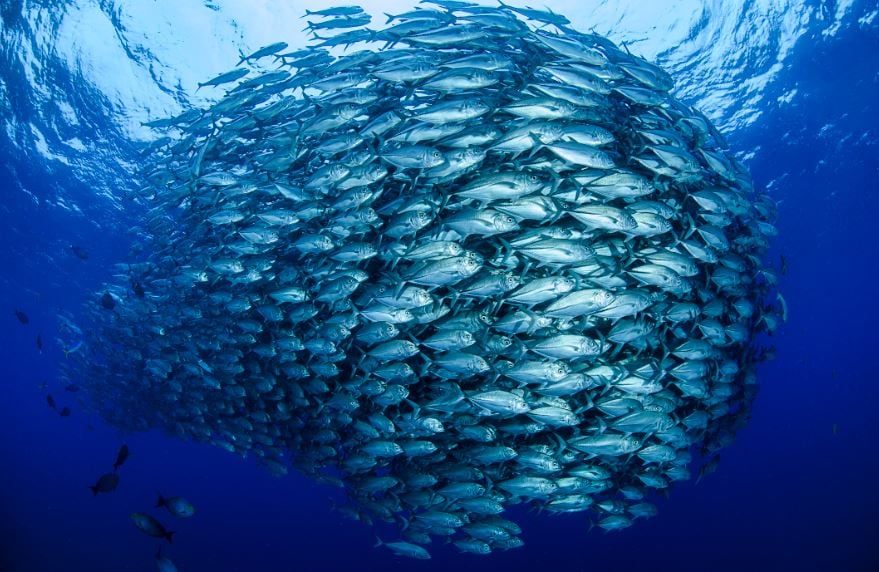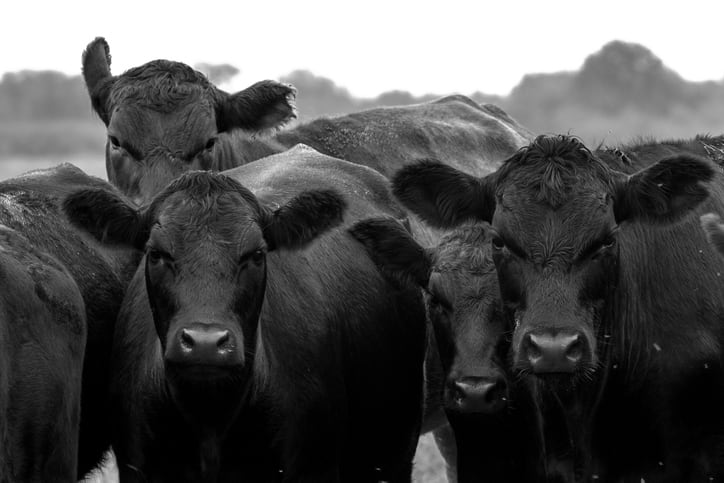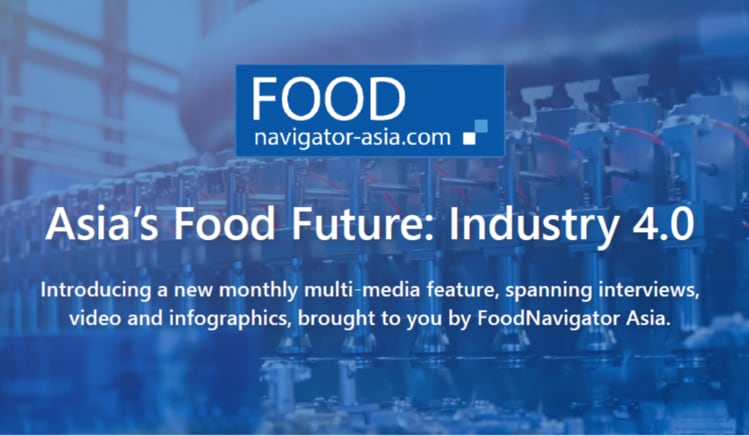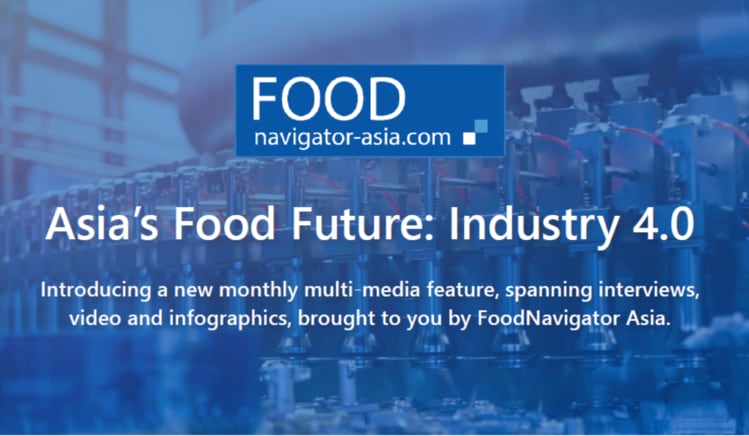Asia accounts for 90% of the global production of seafood, with most harvested in developing nations by small scale fishers and farmers. Yet, of all the wild fish catch, more than 30% are said to be caught by illegal, unreported or unregulated (IUU) fishers.
While some buyers and retailers are already tracing their products, the firm thinks the start of the supply chain is lacking in this area.
Alistair Douglas, CEO and partner at Eachmile Technologies (The Fishcoin Project) told FoodNavigator-Asia: “Most of our supply chains distributing food and commodities start in these developing nations so it is critical we find a way to identify, verify and reward producers for sharing their data and for producing food and commodities responsibly.”
Fishcoin works by collecting data from the fishers and farmers in these developing nations and incentivises them to share the data of their catches.
Plenty of species in the sea
One of the major problems facing the industry is seafood mislabelling.
According to Douglas, seafood mislabelling can be 80% in certain species and supply chains, and can also be near zero for other species.
“What people do not understand is that there are over 12,000 species of seafood. For beef, there are many breeds but only one species - Bos taurus.”
He said this presented a huge challenge with product identification as seafood moves along the supply chain and it is transformed into fillets or fish balls.
“It is easier for farmed fish such as salmon because Atlantic salmon (Salmo salar) predominates in often coordinated short supply chains. However, when it comes to the hundreds of species of snapper or grouper it becomes more difficult.”
“Then there is the issue with common names. For example, in Japan, a yellowtail kingfish can be called an Inada when young and up to 20cm, a Hamachi when between 20cm and 40cm, Warasa between 40cm-60cm, and finally Buri when it is more than 60cm. Many Japanese think they are different species, but they are all one species - Seriloa quinqueradiata - just at a different life stage.”
Another challenge is seafood fraud where mislabeling is not accidental, and there is a deliberate substitution of a high cost or a legally caught species for a low cost or illegally caught species
“For instance, in Singapore, ‘black cod’ is often a high fat Patagonian Toothfish or Sablefish - so much so that when consumers have real cod they complain that it lacks fat.”
“Thankfully, the illegal fishing of these species is being curtailed, their mislabelling is decreasing or being explained to customers,” Douglas said.
Mobile data is gold
The Fishcoin Initiative allows those downstream in a supply chain to purchase digital tokens (fishcoins) that can be exchanged for the traceability data from those upstream.
“The tokens are created when bought, they power the blockchain, and are destroyed when they are redeemed for value,” Douglas explained.
“So, instead of fishers and farmers having to pay for a system to share their data they are rewarded for sharing their data.”
Currently, the tokens can be exchanged for mobile data top ups in over 150 countries with more than 550 mobile operators.
Douglas said: “This large group of people are highly incentivised by mobile airtime and they go to great measures in order to reduce their cost of data, or earn more airtime through incentives from telcos. By allowing fishers to earn airtime/data in exchange for them logging key data elements for traceability for their catch or harvest, we create an incentive for mass adoption and usage among our target users.
“This gives the fisher or the farmer more airtime ‘data’ from which to access the internet, for the fisherman’ or farmer’s wife to be able to access information on women’s health or educational content for children.”
“If they do not need more mobile data, they can top up a third party’s mobile phone. For example, instead of paying a vendor $2 for vegetables, they could top up that person’s phone with $3 worth of credit. This also incentivises the mobile operators as their revenue is coming more from data these days.”
Ocean sustainability
Douglas stressed that if nothing is done to the seafood industry, “we face possible collapse or criminal waste at best. If we work together and put the fishers and farmers at the center of our efforts, there is hope.”
The firm has been working on Fishcoin since 2017, and Douglas told us it could be used in other markets apart from the seafood industry.
“The protocol can be used to power the blockchain and incentivise data sharing in the supply chains of palm oil, cocoa etc. and we have been in discussions with major foundations and multinationals who are interested in exploring the solution for those industries.”
Douglas was convinced that “blockchain builds trust and the token allows for the efficient transfer of value.”
“If we get data to better manage our fisheries and our supply chains, it will help to maintain food security and stability, and allow us to continue to access this important source of protein and micronutrient that is not only important to our health but also our food culture and identity.”




